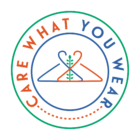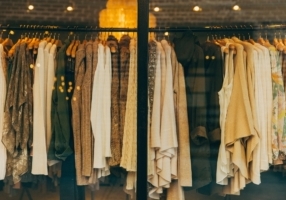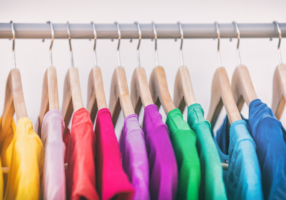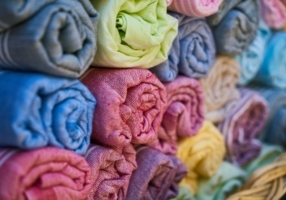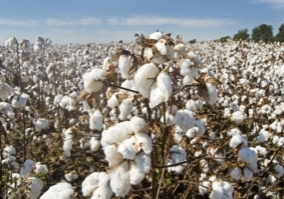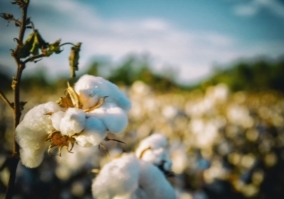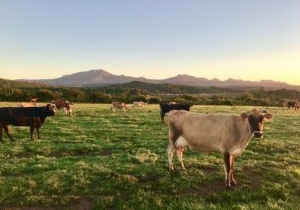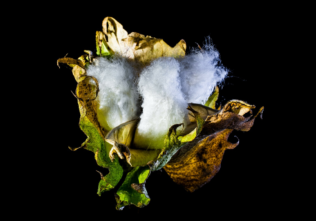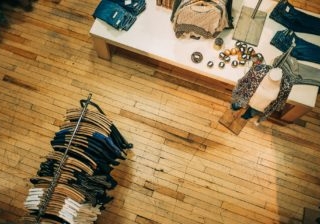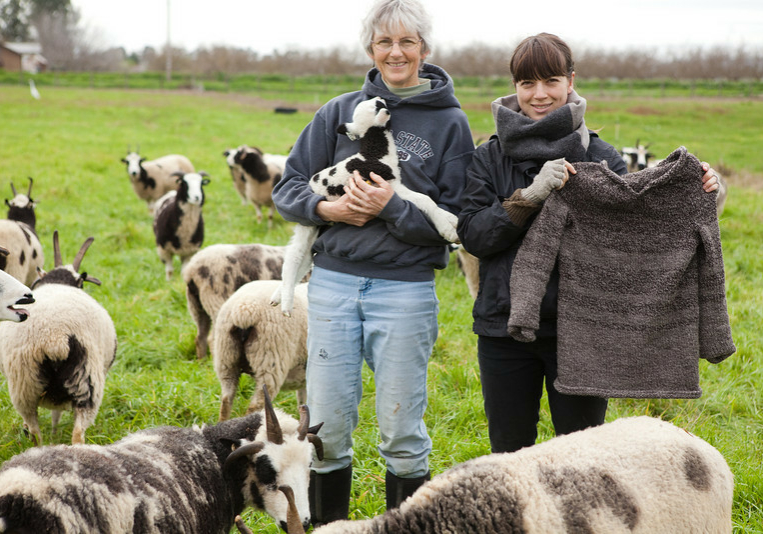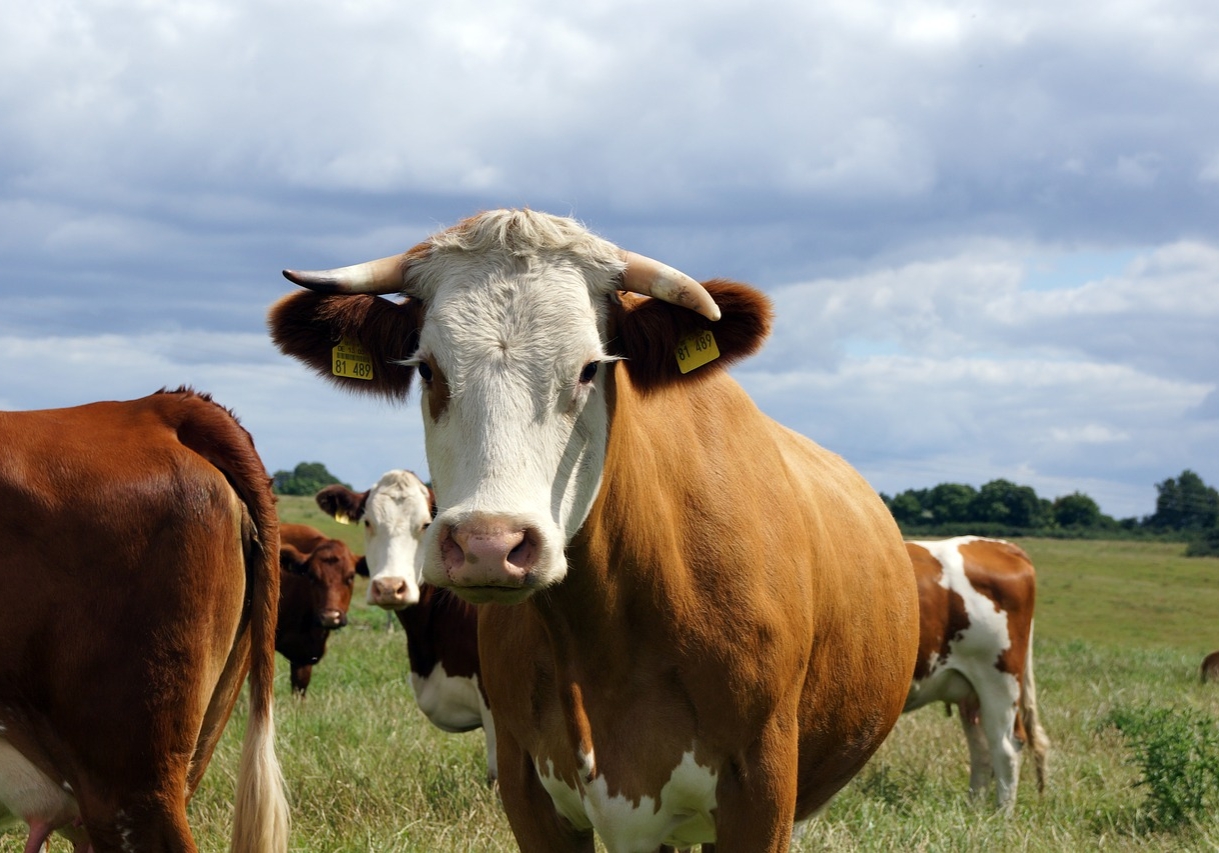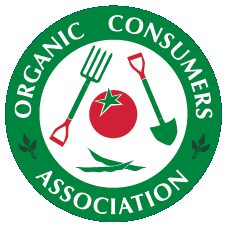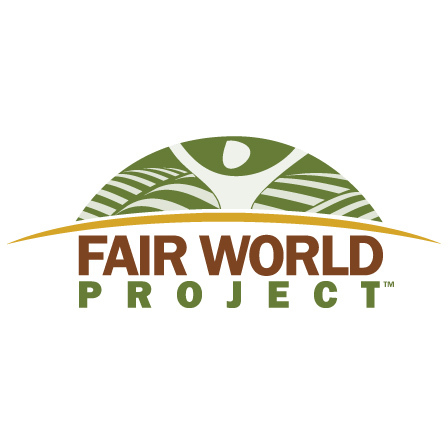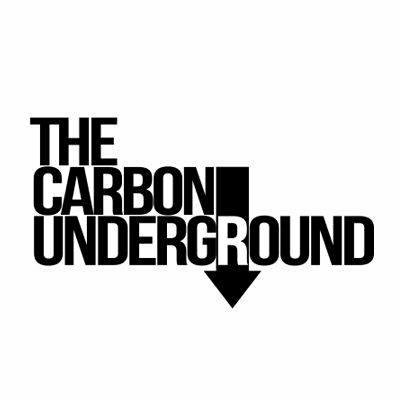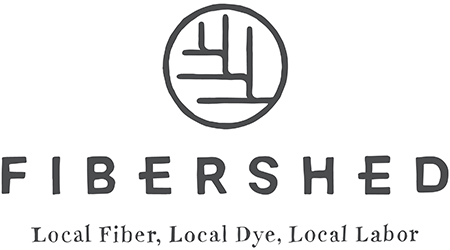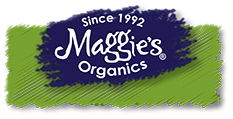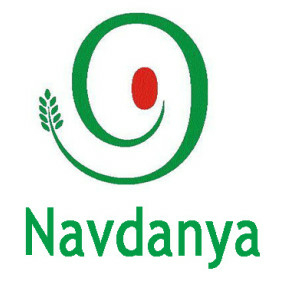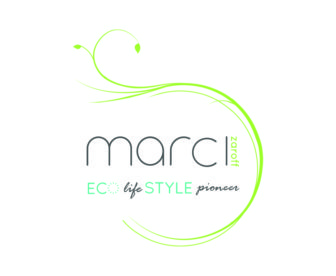The $3 trillion-dollar global clothing industry’s profits are built on degenerative agricultural practices, exploitative labor practices and relentless, pervasive advertising campaigns that make consumers feel inferior if they don’t wear the latest style.
The “Care What You Wear” campaign’s aim is to educate consumers about why and how to buy clothes that support organic and regenerative farming, responsible production and fair labor practices, and to expose today’s fast-fashion industry which perpetuates ethically and environmentally unsound practices with its “buy more, cheaper clothes” message.
We can’t fix the global clothing industry’s complicated and “dirty” supply chain overnight. But by putting pressure on the worst offenders, and by supporting the brands that takes steps to clean up their supply chain, together, we can move the dial in the right direction.
The Dirt Shirt and the Care What You Wear Campaign
When was the last time you considered what your clothes were made of? If you're like most people, you may not realize how important organic clothing is, or why. In this interview, Marci Zaroff, founder of the first organically certified textile mill in the U.S., will help enlighten us about the merits of organic fashion.
As the organic and regenerative fiber industry develops and expands, several apparel and textile brands are investing in organic agriculture, and ensuring fair payment and just treatment of farmers and garment workers. We encourage you to become a responsible consumer, to dig deep. Get to know how your clothing fiber was farmed, who grew and sewed your clothes and the impact the contents of your your closet have on the environment. See Care What You Wear Care What You Wear Responsible Brand Directory for examples of great brands that are leading the organic, fair trade and regenerative fiber industry.

